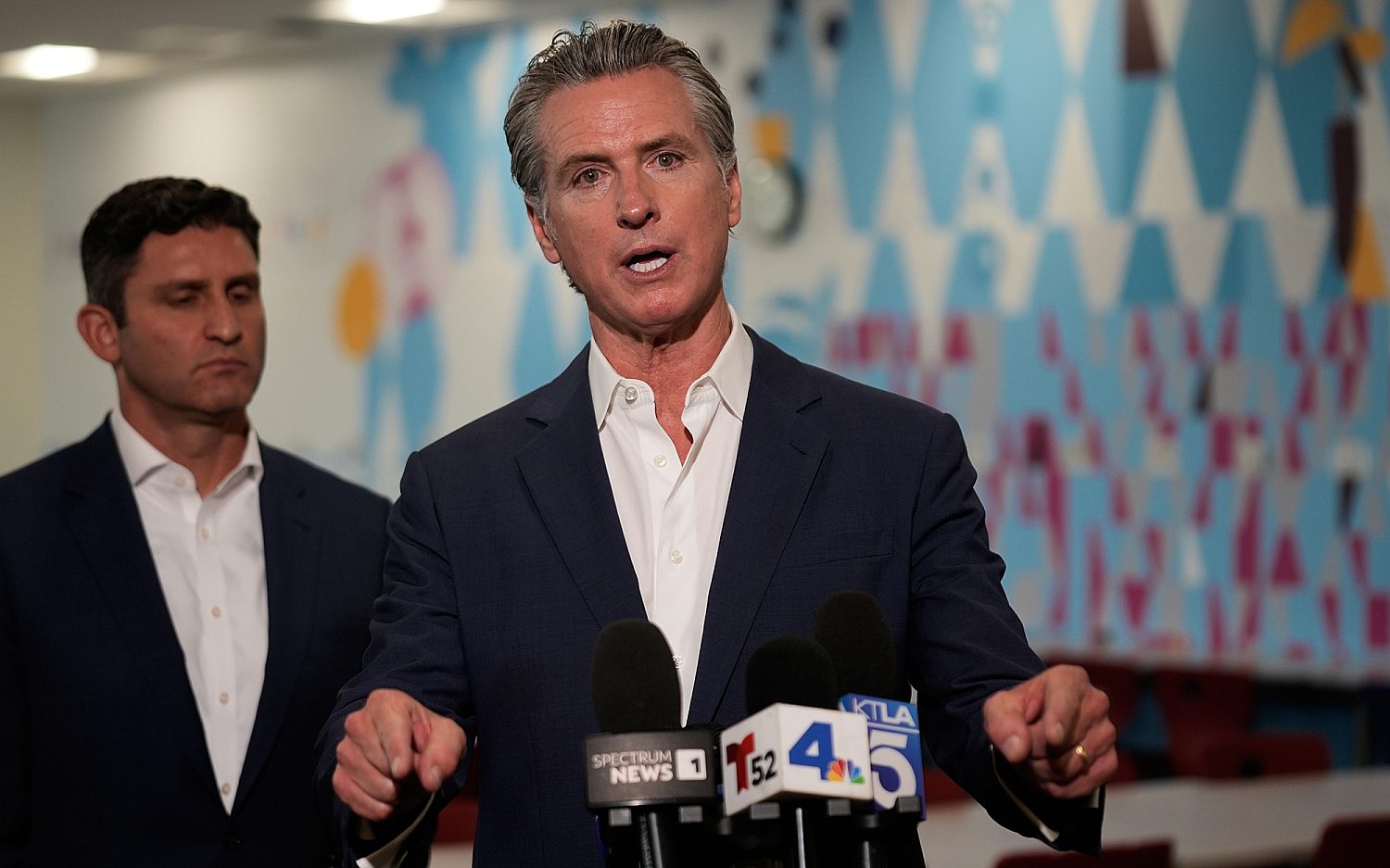Washington florist loses discrimination case
State high court rules Barronelle Stutzman violated anti-bias laws by refusing to participate in a same-sex wedding
The Washington Supreme Court ruled unanimously today that florist Barronelle Stutzman violated a state anti-discrimination law in 2013 when she declined to create floral arrangements for a same-sex wedding. The ruling also upholds the lower court decision making Stutzman personally liable, putting the 72-year-old grandmother in jeopardy of losing all business and personal assets except her home.
Stutzman’s attorneys with Alliance Defending Freedom (ADF) said they will appeal the decision to the U.S. Supreme Court. In both trials of Ingersoll v. Arlene’s Flowers, they argued the Washington Law Against Discrimination compelled Stutzman to create floral arrangements in violation of her religious liberty, freedom of association, and free speech rights. But the state high court, in upholding the lower court decision, said her creative efforts constituted “conduct” not “speech” and the law “protects patrons, not business owners.”
“Discrimination based on same-sex marriage constitutes discrimination on the basis of sexual orientation,” the justices wrote.
The decision also leaves in place the earlier ruling that ordered Stutzman to pay all attorneys fees racked up during the four-year legal battle. That could add up to hundreds of thousands of dollars in payments to the American Civil Liberties Union, ADF said in a press statement.
Stutzman’s lawyers also voiced alarm over the Washington high court’s citation of the 2015 U.S. Supreme Court ruling to legalize same-sex marriage. In their dissent from the Obergefell decision, U.S. Supreme Court justices warned it would be used against citizens who maintain a traditional view of marriage.
“Barronelle’s story demonstrates a troubling trend—governmental agencies and officials that have grown increasingly hostile to religious freedom, particularly the freedom of people who believe that marriage is the union of one man and one woman,” ADF wrote in response to the Washington decision. “These widespread efforts to suppress freedom are rooted in a disdain for this particular religious belief—a belief that, in the words of the U.S. Supreme Court, is ‘decent and honorable’ and held ‘in good faith by reasonable and sincere people.’”
The courts dismissed Stutzman’s argument that her refusal to create flower arrangements did not constitute a rejection of Rob Ingersoll as a gay man. In dismissing that claim, the court cited the case of Elane Photography v. Willock, in which a New Mexico wedding photographer declined to photograph a same-sex commitment ceremony. The photographer lost the case when the New Mexico Supreme Court ruled religious beliefs must be subjugated to civil rights.
Stutzman’s attorneys argued for exceptions to the Washington law because it puts into conflict a business owner’s constitutionally guaranteed rights to free speech, association, and religious liberty and the state prohibition against discrimination based on sexual orientation or religion. Stutzman never denied Ingersoll access to goods and services at Arlene’s Flowers, they argued. On the contrary, she considered him a friend after selling him flowers for almost 10 years.
But when he asked her to design arrangements for his wedding to his same-sex partner, Stutzman drew a line. Serving Ingersoll was not at issue. Servicing a same-sex wedding—an event that violated her deeply held religious beliefs—was a different matter.
But the justices “emphatically” rejected that argument.
“As every other court to address the question has concluded, public accommodations laws do not simply guarantee access to goods or services,” the justices wrote. “Instead, they serve a broader societal purpose: eradicating barriers to the equal treatment of all citizens in the commercial marketplace. Were we to carve out a patchwork of exceptions for ostensibly justified discrimination, that purpose would be fatally undermined.”
Stutzman’s appeal to the U.S. Supreme Court will be the second such religious liberty case pending before the nation’s highest court. Another ADF client, Masterpiece Cakeshop owner Jack Philips, asked the justices to hear his case out of Colorado last year. The justices have not decided yet whether to hear Philips’ case.
An actual newsletter worth subscribing to instead of just a collection of links. —Adam
Sign up to receive The Sift email newsletter each weekday morning for the latest headlines from WORLD’s breaking news team.





Please wait while we load the latest comments...
Comments
Please register, subscribe, or log in to comment on this article.